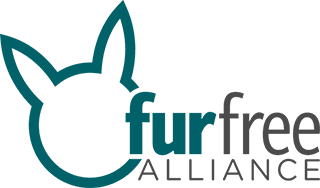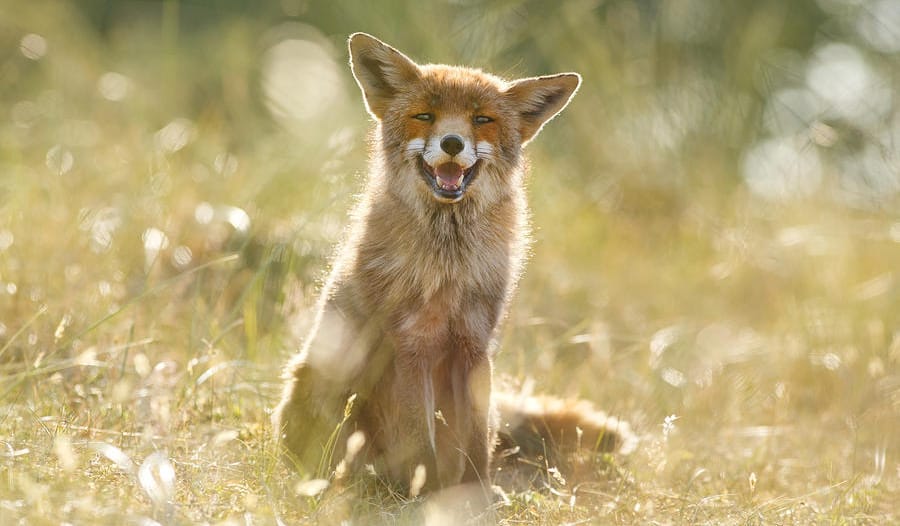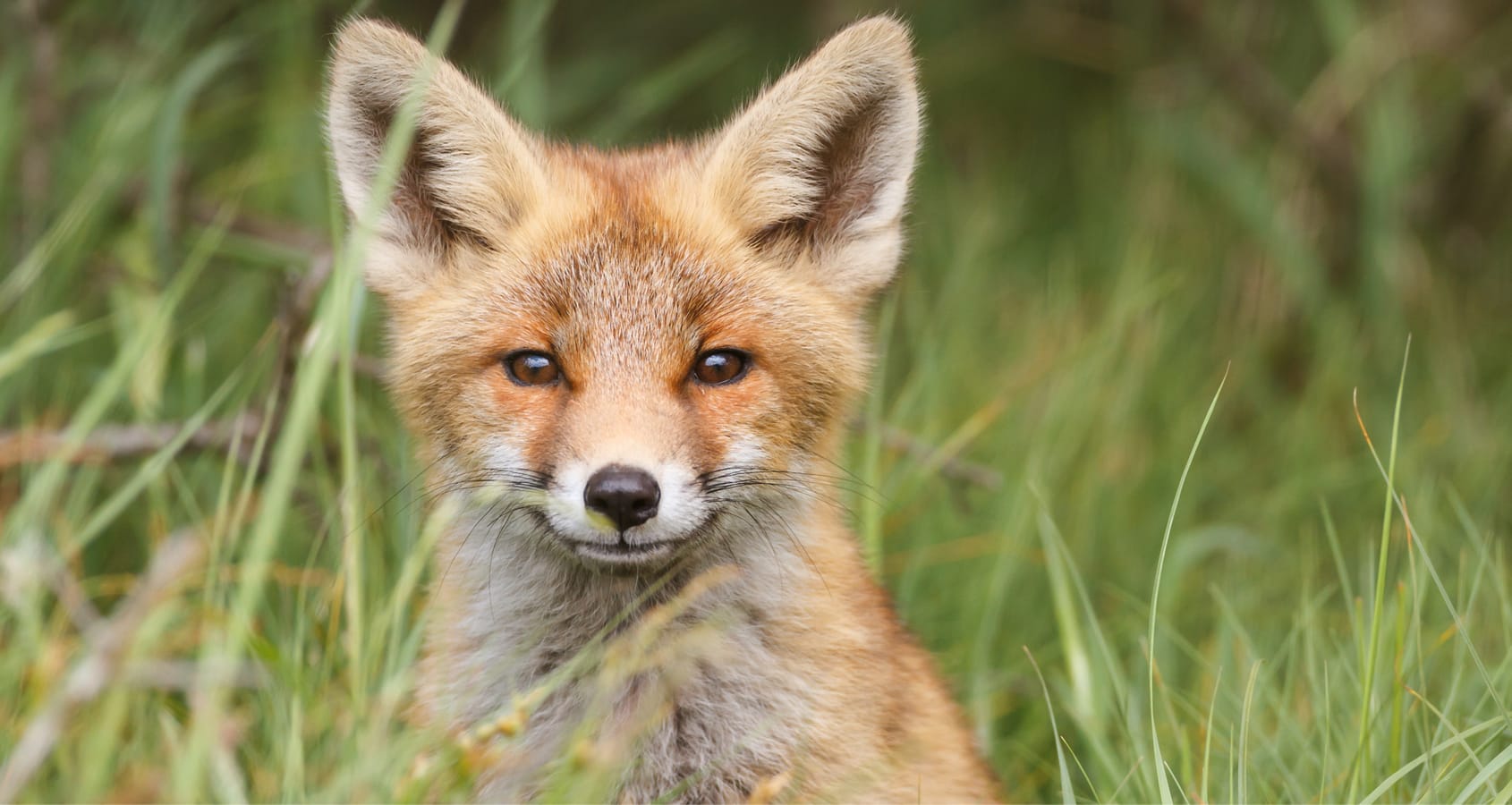
1,701,892 EU citizens call for an end to fur farming and trade
BRUSSELS, 2 MARCH 2023 – The Fur Free Europe European Citizens’ Initiative has closed, ahead of schedule, after registering support from more than 1.7 million EU citizens. It’s now time for the European Commission to act and ban this cruel practice across the European Union.
Launched on 18 May 2022 with a target of 1 million signatures within 12 months, the ECI called on the EU to ban fur farming and placing on the market of farmed fur products. It achieved its target in less than 10 months with the support of more than 80 campaigning organisations from across Europe, including many members of the Fur Free Alliance. Last night, the ECI was officially closed, and the signatures will now be sent for validation as part of the ECI process before being presented to the European Commission.
The Fur Free Alliance believes the number of signatures collected sends a very clear message from EU citizens to the European Commission that fur farming must end. The practice is not only cruel to animals, it is bad for the environment and, given the hundreds of outbreaks of COVID-19 in mink on fur farms, also raises serious public health concerns.
To date, politicians in 14 Member States, including Italy, France, Estonia, Latvia and Austria, have banned the practice of fur farming. Opinion polls continue to show that the public is opposed to fur farming and an increasing number of retailers are committing to end the use of fur, as can be seen by the success of the Fur Free Retailer programme.
Joh Vinding, chairman of the Fur Free Alliance, said:
“I’m delighted that the Fur Free Europe ECI has gathered so many signatures, and I’d like to thank everyone who has worked so hard to make this happen. The message to the European Commission could not be clearer: it is time to end this cruelty and Make Fur History across the whole of the European Union.”
The initiative collected 1 million signatures in 7 months, breaking all records, and marking this ECI as one of the most successful in history with final 1,701,892 million signatures, 10 months after the launch. The record number of signatures is the reason for the early closure of the Initiative, sending a strong message to the European Commission.
The next phase of the ECI process is the validation of the signatures by Member States, which will take 3 months. After the validation process, the European Commission needs to take the ECI into consideration and deliver a response within 6 months.
At a meeting of the Council of the European Union (Agriculture and Fisheries Council) in June 2021, the Netherlands and Austria tabled an information note, supported by Belgium, Germany, Luxembourg and Slovakia, which called on the European Commission to ban fur farming. The call to end fur farming in the EU, on the grounds of animal welfare, public health and ethical considerations, was backed by a total of twelve Member States during the deliberations on this paper.
- The complex behavioural needs of wild animals, such as American mink, fox and raccoon dogs, cannot be met on fur farms
- Fur farms also pose an unacceptable risk to animal and human health, as evidenced during the COVID-19 pandemic. Hundreds of mink farms throughout Europe and North America were affected by coronavirus outbreaks leading to mass culling of these animals, and new variants of the virus were found to have been transmitted from mink to humans. A recent outbreak of Highly Pathogenic Avian Influenza (H5N1) in mink on a fur farm in Spain has further raised public health concerns.
- Fur farming has a significant environmental impact, given that the dressing and dyeing of fur involves the use of toxic chemicals. In terms of land pollution by toxic metals, fur production is ranked in the top five highest pollution-intensity industries. The fur industry also poses a serious threat to native biodiversity. Species, such as American mink and raccoon dogs, which have escaped from fur farms have established populations in the wild, and are considered to be Invasive Alien Species (IAS) causing and have significant adverse impacts on European native wildlife.
- More than 1,500 retailers, including Gucci, Adidas, H&M and Zara, have committed to a fur-free future and have joined the Fur Free Retailer scheme.




